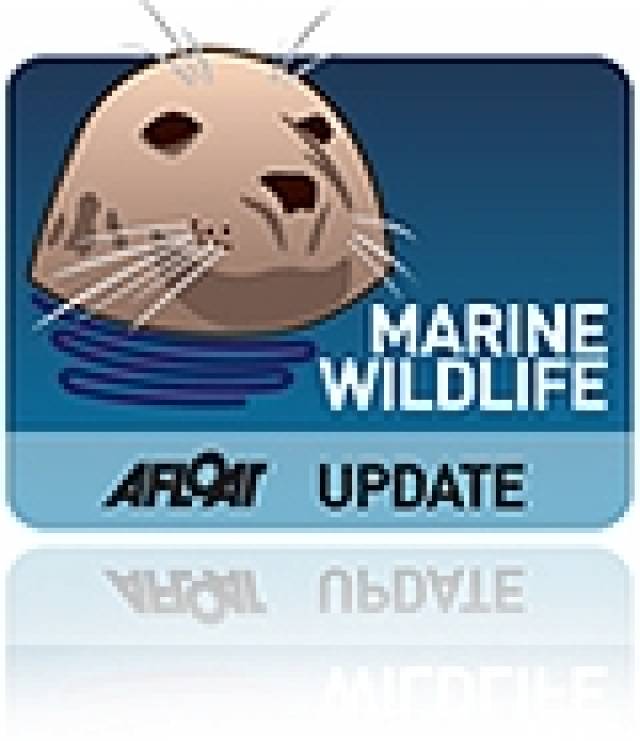#MarineWildlife - A conspicuous chunk missing from the tail fluke of a killer whale resident in Scottish waters is evidence of an altercation with a shark, as BBC News reports.
The orca, known as John Doe, is one of the familiar pod of killer whales that's commonly seen off the west of Scotland but has also been spotted in Donegal and off the east Scottish coast near Aberdeen.
Marine scientists have long been interested in the group because of its genetic distinctness from other killer whales in the north Atlantic – with studies showing they bear closer relation to orcas found in Antarctic waters.
And this latest discovery is troubling in light of the group's already precarious status, with no calves recorded among them since experts began to study them two decades ago.
The Hebridean Whale and Dolphin Trust (HWDT) said it could not "realistically speculate" on what species of shark may have been to blame for the bite.
But one it most certainly isn't is the plankton-hungry basking shark, a species that's seen a drastic fall in numbers locally over the past year, according to the Irish Examiner.
Sightings of the ocean's second largest fish – after the similarly harmless whale shark – have dwindled by a third on 2013 figures, which the HWDT says is part of a trend.
However, experts have moved to quell any concerns over the health of the marine species, as they may simply have moved to offshore waters – or below the surface – in search of greater supplies of their favourite foodstuff.
Basking sharks may be seen less often, but there's another shark species in the oceans that even the experts know very little about – and one of them was just landed in the Philippines.
The Washington Post has more on the 'mysterious' megamouth shark, a prehistoric looking beast that was only discovered by science in 1976 and has been sighted just 64 times since then.
Scientists still have no idea of the size of their population or in what oceans they're concentrated, and this find may reveal little more - but it might tell us something new about their plankton-based diet and their unique physiology.
































































